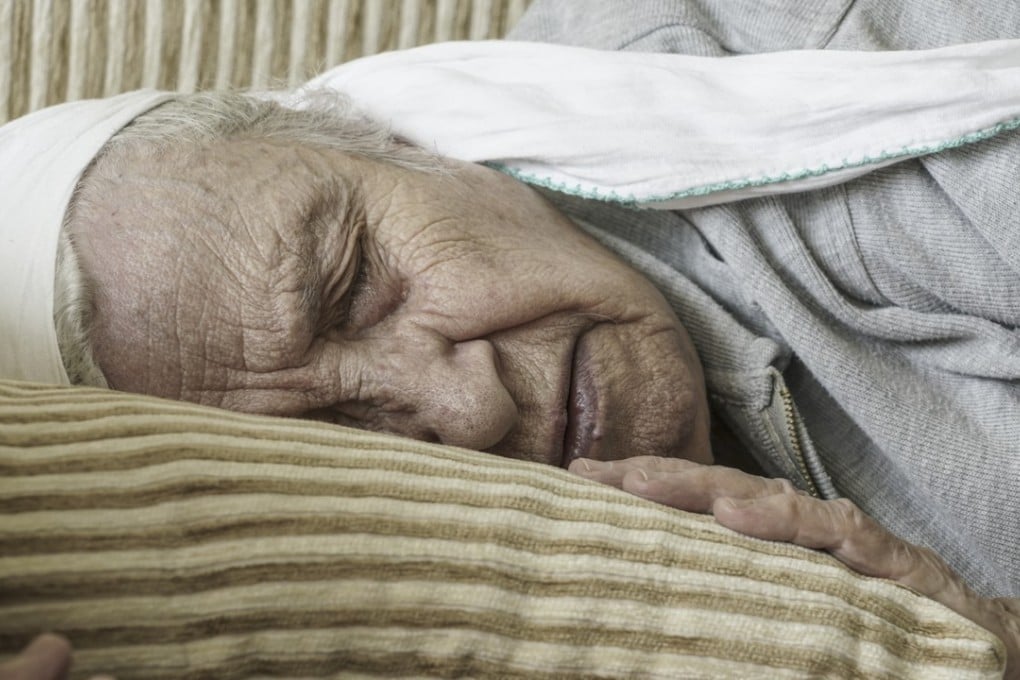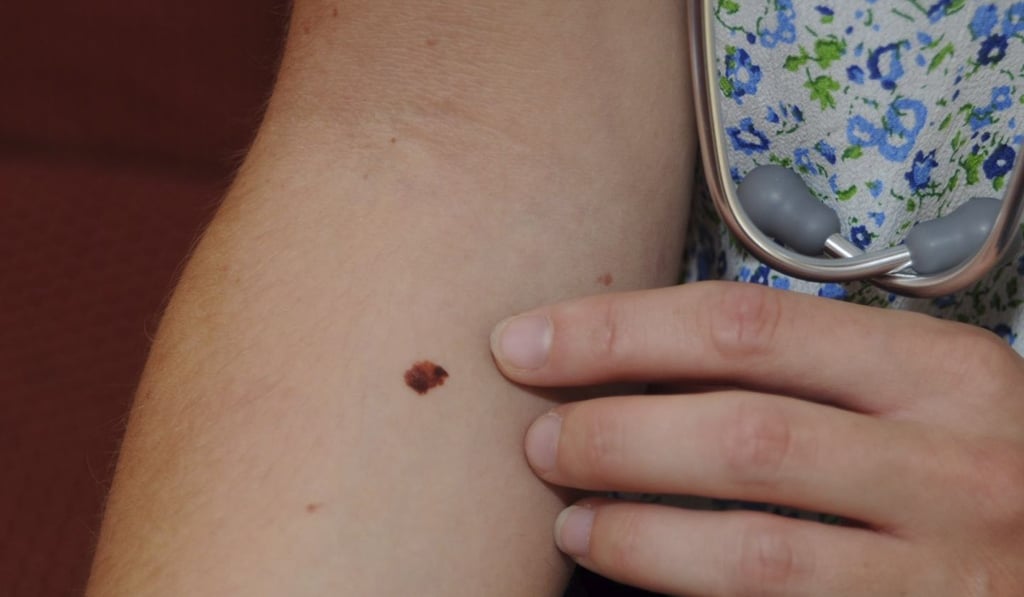Sleep disorders less likely if you feel good about life, say scientists – but they don’t yet know which comes first
Sleep apnoea – which causes breathing interruptions – or restless leg syndrome, in which sufferers thrash their legs in bed, are much less prevalent in people who believe their lives have value, study of older Americans finds

Whether you sleep easily at night or toss and turn may relate to your outlook on life. The journal Sleep Science and Practice published a study recently that showed people who felt good about their life were less likely to report troubles such as sleep apnoea or restless leg syndrome – disorders that cause breathing interruptions and the need to thrash your limbs to overcome discomfort.
HK baby youngest sleep apnoea case
Researchers from Chicago’s Northwestern University Feinberg School of Medicine surveyed more than 800 older adults with a mean age of 79, more than half of whom were African Americans, on how they felt about their lives. Items included, “I feel good when I think of what I’ve done in the past and what I hope to do in the future”, and, “Some people wander aimlessly through life, but I am not one of them.”
The results indicate the benefits of positive psychology on sleep health: those who believed their lives had value were 63 per cent less likely to have sleep apnoea and 52 per cent less likely to have restless legs syndrome at follow-up two years after the study.
So does better sleep quality lead to a better quality of life – or vice versa? The study’s authors note that individuals with a high purpose in life tend to have better overall mental and physical health, as they are more likely to exercise, have regular medical check-ups and adequate relaxation – which lead to better sleep. On the flip side, having physical and mental health problems such as depression and heart disease can keep a person awake at night.
Study finds sleep apnoea children risk hypertension
Future research could look at using mindfulness-based therapies such as meditation to enhance purpose in life – and to examine their effect on sleep health – researchers suggest.
A 2012 study from the Hong Kong Education University showed four in 10 Hong Kong people, 2.2 million, suffered from insomnia.

Temporary malignant melanoma tattoo helps trainee doctors relate to skin cancer patients’ fears
A little make-believe may have a magical effect on the way doctors interact with patients, or so a study in the British Journal of Dermatology suggests.
